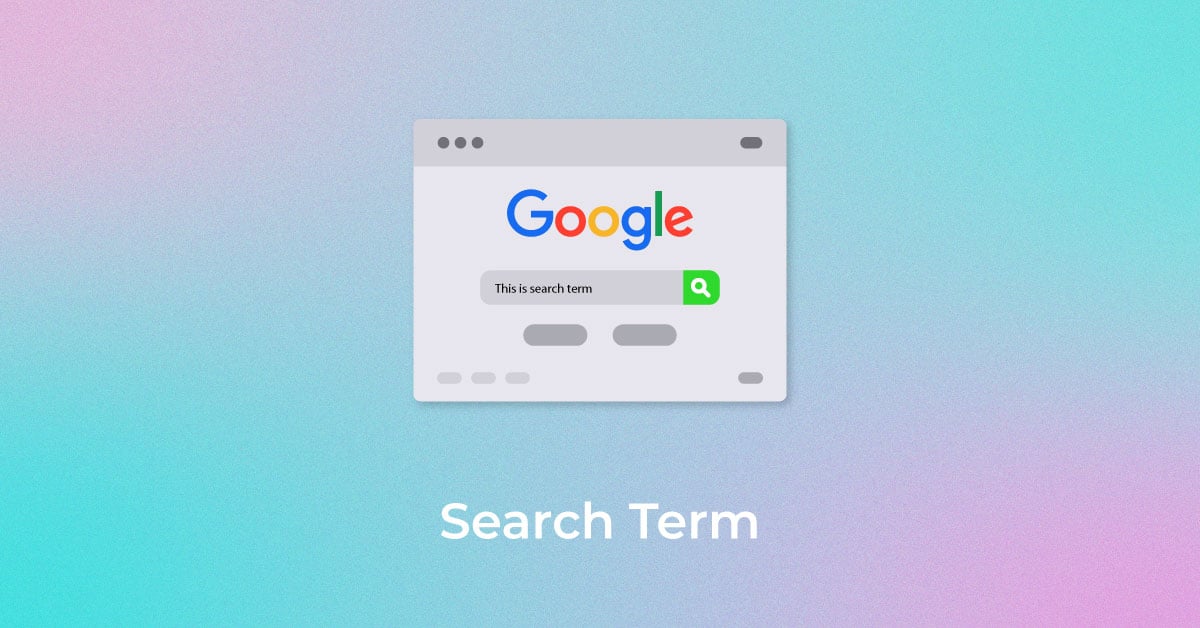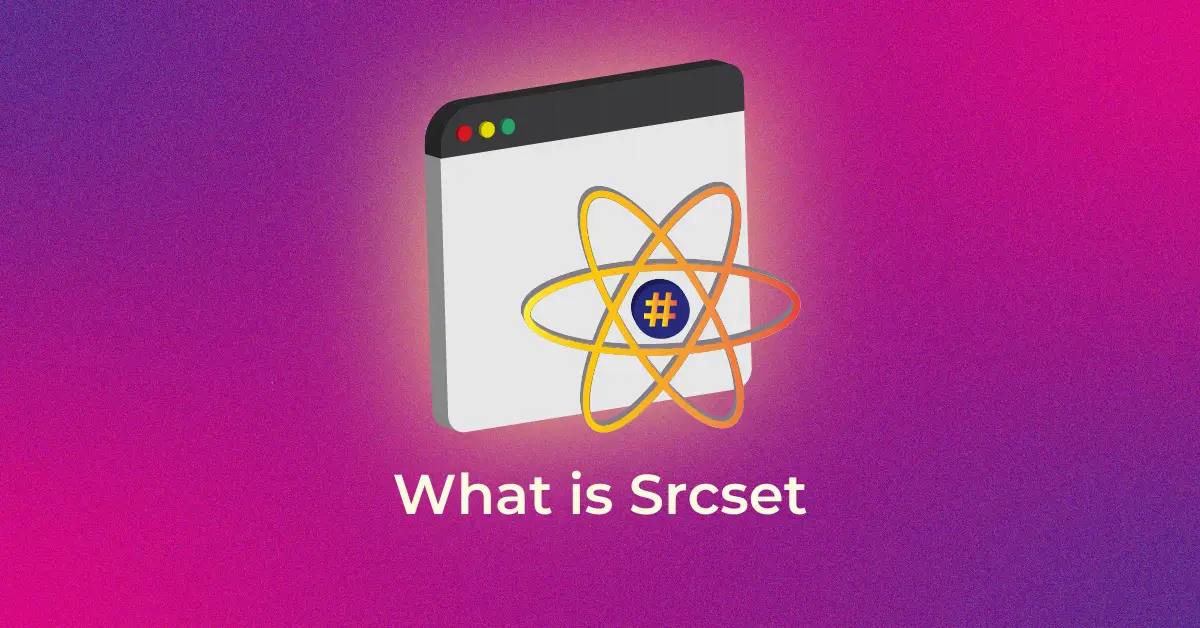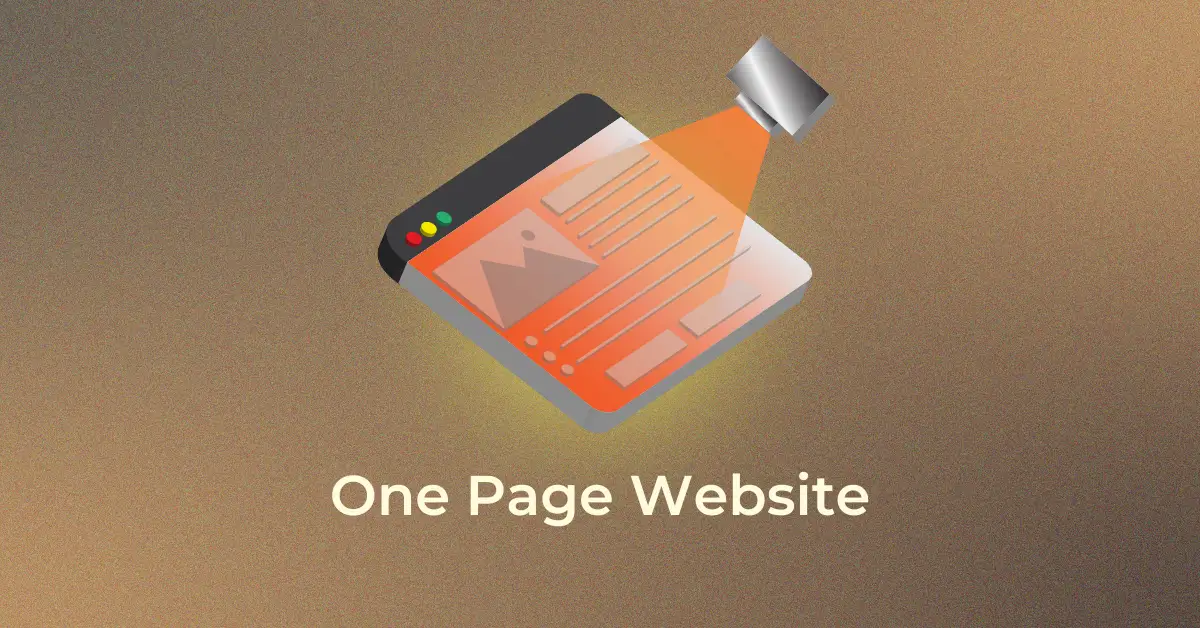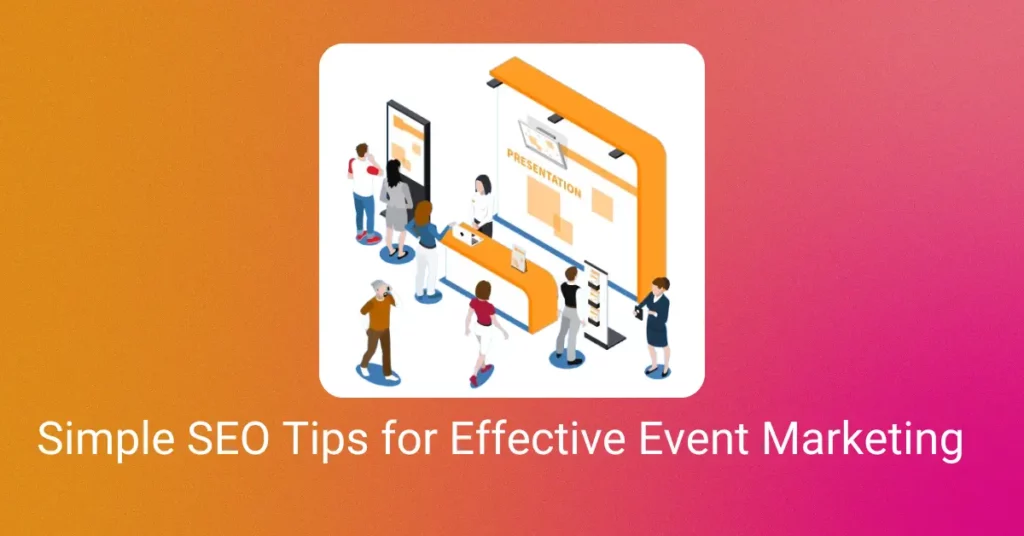Search engine optimization is not for websites alone. You can also implement SEO for events as well.
Does this mean the strategies change? Or the process will be different?
Without any ado, let’s jump right into the powerful SEO for events’ strategies that will make your events and your events business, an unforgettable name.
Conduct keyword research before verifying the event location
Effective marketing begins with research. It allows you to think like your customer. Your aim should be to understand what words people, who want to attend your event, might use to search for yours and other similar events. Make use of the keywords explorer tools available online that supplement your event marketing efforts by uncovering keywords that have the highest search volumes.
Add these keywords to your SEO for events strategy. Use them on your event page to optimize it to rank higher on search engines. That, in turn, will help you attract a very targeted audience.
Taking this route before you decide on your event location will ensure that your event marketing scores better than your competition. Additionally, you will ensure a much higher attendance at your event.
Create an event pack
Having all necessary information related to your event in one place serves dual purposes. It makes things easier for your potential attendees, and it improves your ranking on the SERPs, as search engines find it easier and faster to make sense of your webpage and your event.
Such a collection of complete information is called an Event Pack. Use the words suggested by your keywords explorer tool to provide the context and relevant details of your event. Some must-include information is event schedule, venue host details, speaker biographies, activities on the side, material that may be provided to the participants and attendees, images, videos, etc.
Gather event information and assets
After we have established the importance and necessity of having an event pack, it’s now time to get everything ready and in its proper place. This step will make the SEO for events process way smoother.
Gather all the necessary information and digital assets. Document in one place all event details such as event description, date, time, location, ticket details, etc.
Give ‘character’ to your event page by uploading high-resolution creatives like posters, images, promotional videos, testimonials for past events, quotes and quips, etc. As an event marketing exercise, consider running a competition whose results and awards can be declared on the day of the event.
All of these will generate enough ‘buzz’ about your event to send it soaring high on the SERP ranks. Besides, it will augment attendance on the day of the actual event.
Get on Google
Google provides loads of avenues to boost your SEO efforts for events. It creates so many opportunities for potential attendees to notice your event details, and also register for it. All of this without even leaving any other webpage or SERP that they may be viewing.
One such powerful platform is Google Events. Make sure you list your event on this platform. It allows interested people to join the events directly from the search page.
Add events to your website and Google using an event plugin
An event plugin is a useful tool to integrate your event page with Google Events. It will also enable you to connect with other relevant platforms.
An event plugin further helps you create a dedicated event page and fill it with all the essential event details so that it is optimized for search engines.
Get events on third-party websites
Local websites rank high on SERP’s related to events and places associated with the local region, people and various communities. Carry out your event marketing on as many local websites as feasible. This will ensure attracting the target crowd, most of whom will be the locals of the area where your event is scheduled to take place.
Community boards and event directories are other options for your event marketing. Do promote your event on multiple third-party websites.
Collaborations with local influencers will be a fruitful addition to your SEO for events marketing strategy. It will increase attendance at the event.
Manually mark up your event page
Search engines love structured data. Provide them with relevant information in an easy-to-understand manner, and they will show their love for you by bumping up your rank on SERPs.
Implement schema markup to have better control over your event information as it appears in search results. It helps search engines understand your content better. This enhanced search result can appear as part of Google Rich Results. It may include event dates, ticket prices, even star ratings.
This will significantly increase the chances of attracting the right kind of attention, and thus, selling your event.
Verify the SEO of your event page
Now is the time to verify the SEO of your event page. You have optimized your event page with keywords, relevant information, and schema markup. To lend more visibility to your event page in search results, ensure that your page is SEO-friendly.
Make use of SEO tools to check for broken links, slow-loading images, missing meta tags, etc.
Promote your event to get coverage and links
After you are done optimizing your event page, turn your attention towards promoting it effectively. Aim to get widespread coverage and to earn backlinks from authoritative and reliable sources.
Following are some strategies to achieve this.
Email list
Connect with potential attendees by reaching out to people on your email list.
Your email should entice your readers by highlighting the benefits of attending your event. It may even hint towards what they stand to lose by missing the event.
Tell your readers what to do while and after reading your email. Ensure to include a clear call-to-action throughout your email.
Facebook events
Create a Facebook Event and invite your desired audience. Encourage potential attendees to share the event with their social and family circles.
This is an effective way of increasing your event’s exposure and expanding its reach as it involves very little effort on the readers’ part.
Links
Backlinks can boost the credibility of your event page manifold, so try to earn as many as you can. Just ensure that these backlinks are from reliable and trustworthy authorities.
Connect with influencers in your industry, and other relevant websites. Request them to provide a link to your event page. This will highly enhance your SEO rankings.
Link to events on social profiles
It’s a no-brainer that you should share your event on all your social profiles. With the proliferation of social media, this is arguably the most effective, not to mention the simplest, method of promoting your event.
PR, local press, or trade
Connect with local publishers and various trade publications to get coverage. Engage a PR agency to help you craft an effective and magnetic message.
Acquire space and time from reputable media houses to get credibility and traction for your event. Getting this kind of coverage can enable you to earn just from the attention from other media, and social media influencers. It may also earn you some backlinks, thus boosting your credibility.
Add concerts and performances to Spotify
Spotify has global brand recognition and value. Millions of people tune into it daily for their various audio, and sometimes video, needs.
So if your event involves live performances or music, it may be worth your while to list it on Spotify. This will guarantee a broader audience and improve your attendance, both online and offline.
Conduct promotion in collaboration with the venue host or event sponsors
Promote your event in partnership with the sponsors and the venue host where it is scheduled to take place. Market your event on their websites, and social profiles, using your schema markup. Ensure that these are linked to Google Events.
Collaborate with the venue host and encourage them to promote your event to the captive audience of other events happening at the same venue.
Review performance and repeat
What gets measured, gets improved.
For the success of your future events, it is imperative to assess the performance of your past events. Scrutinize every available bit of data from your event page, social profiles, and all other promotional channels that you may have employed. Identify your best-performing channels. Analyze what worked, what did not, and why.
These insights are your starting line while planning future events. They will give you an idea about where to organize your next event. You will have a better understanding of where to promote your upcoming events and which event marketing channels to tap. You can better plan how early or late your promotions should begin. You will do better in terms of pacing your various promotional campaigns.
Refine your future event marketing strategies using these learnings and repeat this process for all your future events.
Conclusion
In today’s online world, optimizing the SERP in your favor is essential for any organization. This assumes even more importance when you are facing the customer directly, like at an event organized by you.
The strategies mentioned above may not be exhaustive, but are some of the most essential ones. Use a keywords explorer tool or Schema markup to enhance visibility of your upcoming event. Exploit Google Events capabilities, optimize for Google Rich Results, and analyze data from your concluded events to make your future event marketing efforts a bigger success.
Continually adapt your SEO for events strategies to the ever-changing preferences and tastes of the cyber-universe and see your website and your event pages rubbing shoulders with the top rankers on the SERPs.
Popular Searches
How useful was this post?
0 / 5. 0

















